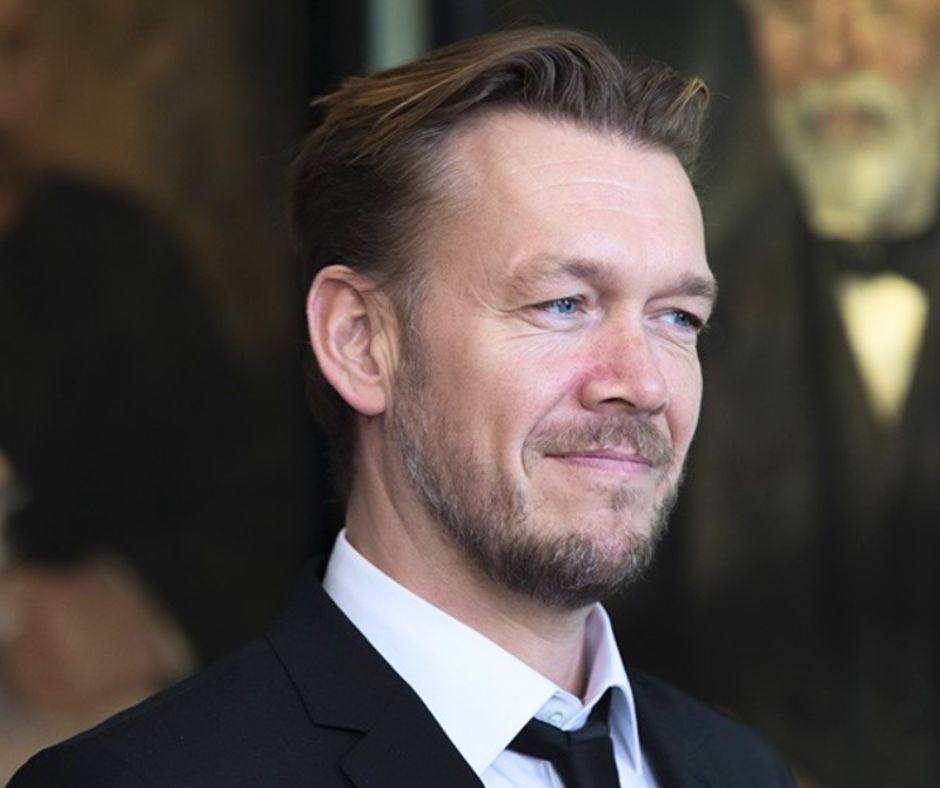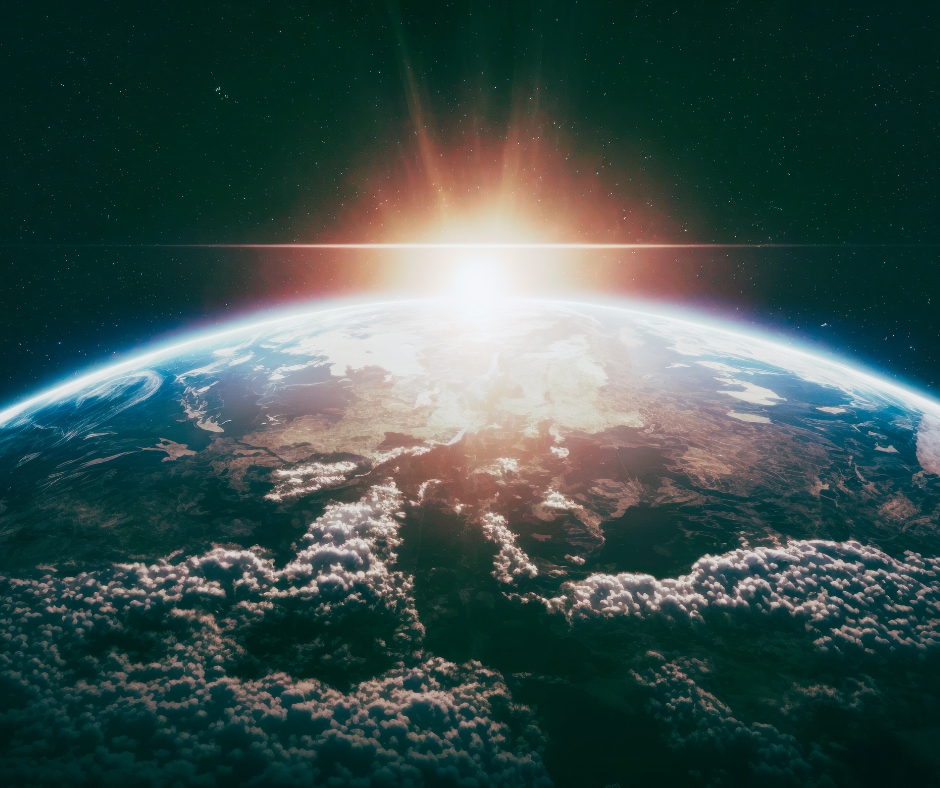Prof Rick Dolphijn from Utrecht University will participate in the UG Visiting Professors programme. Among other things, the researcher will conduct a series of seminars on cosmophilosophy. The meetings will take place as part of the CZRUG’s Culture for Sustainable Development programme, coordinated by Irena Chawrilska, PhD.
The seminars will take place on 5 February, 24 April and 15 May 2024 at 13:00-15:00 at the UG Centre for Sustainability in the Faculty of Social Sciences, 4 Bażyńskiego Street, Room D208.
Participation in the seminars is free of charge. Those wishing to participate in the seminar are invited to contact us by e-mail: irena.chawrilska@ug.edu.pl.
Language of the seminars: English.
Programme:
On Nature and Humanity
Session 1, February 5 2024
- Gilles Deleuze 1969 Appendix 4: Michel Tournier and the World Without Others (301-320). In: The Logic of Sense. Columbia University Press. New York 1990.
- Michel Serres Part 3: The Problem of Evil (163-191). In: Religion, Stanford University Press. Stanford 2019
On Physical Law and the Politics of Knowledge
Session 2, April 24 2024
- Alfred North Whitehead 1929 The Order of Nature Section 9, 10 and 11. In: Procesand Reality. Free Press. New York 1978.
- Isabelle Stengers 2010 Chapter 7:The Power of Physical Laws. In: Cosmopolitics I. Minnesota University Press. Minneapolis 2010.
On New Communities and the Earth
Session 3, May 15 2024
- Frédérique Aďt-Touati 2019 Arts of Inhabiting: Ancient and New Theaters of the World. In: Critical Zones: the Science and Politics of Landing on Earth. ZKM/the MIT Press. Karlsruhe, London 2020.
- Marx, Karl 1973 Notebook 5: The Chapter on Capital (continuation). In: Grundrisse, Foundations of the Critique of Political Economy (Rough Draft), Penguin Books in association with New Left Review, published online at: https://www.marxists.org/archive/marx/works/1857/grundrisse/index.htm
What can be expected?
For centuries, our focus in social sciences, humanities, literature, and cinema has centered on the intricacies of human existence and its connections to others. We saw ourselves as subjects, while the Earth remained a passive object. Yet, today’s revelation of our impact on planetary systems exposes a stark truth: the Earth is the true subject, while we, perhaps unwillingly, find ourselves as objects, unable to heed its needs.
This paradigm shift demands a reimagining of our identity, our relationship with other species, and our planet—a comprehensive revision. Pioneers like Donna Haraway and Gilles Deleuze highlighted the complexity of interconnectedness of nature, challenging the prevailing anthropocentric views in academia. Their ideas—embracing non-human companions and emphasizing connections between diverse life forms—propose a world beyond traditional hierarchies.
The concepts of new materialism, posthumanism, and process ontology, advocated by the wider circle of academics and artists who think along these lines, not only challenge established notions but also urge us to question why we’ve been oblivious for so long. How have our modern, capitalist lifestyles alienated us from the environment, imperiling our future while we turn a blind eye?
This philosophy, which I term “Cosmophilosophy,” invites us to reassess life, order, and our Earth, by exploring alternative traditions and futures. How do we practice a perspective that acknowledges our interdependence with the more-than-human world? How can we reimagine art and technology as tools to explore life on Earth differently? And crucially, how do we initiate change within ourselves?
Across these three seminars, my objective is to conduct a thorough examination of pivotal texts that steer away from the concept of Otherness and our Humanist perspective. Instead, they offer diverse takes on what a cosmophilosophy might entail. Beginning by reconceptualizing our notions of nature and humanity (session 1), we progress to a reconsideration of physical laws and the way this has shaped the politics of knowledge (session 2). Finally, we conclude by reevaluating contemporary art and our historical (philosophical) partnerships, probing into the methods of situating communities in the present day.
Rick Dolphijn
 Rick Dolphijn is Associate Professor at Utrecht University (Faculty of Humanities) and Honorary Professor at the University of Hong Kong (Faculty of Arts). He has published widely on ecology, philosophy and the arts. Currently he is a PI in two internationally funded research projects. His last monograph is The Philosophy of Matter (Bloomsbury 2021).
Rick Dolphijn is Associate Professor at Utrecht University (Faculty of Humanities) and Honorary Professor at the University of Hong Kong (Faculty of Arts). He has published widely on ecology, philosophy and the arts. Currently he is a PI in two internationally funded research projects. His last monograph is The Philosophy of Matter (Bloomsbury 2021).
Rick Dolphijn – Utrecht University (uu.nl)
What is the CZRUG Culture for sustainable development programme?
In the Culture for Sustainable Development Programme, CSDUG creatively ponders the role of culture in the attainment of the Sustainable Development Goals. Agenda 2030 as a strategy for the world still stands and the university’s goal is to create new ideas and in the end develop solutions on the path towards a sustainable future and empower communities to response-ability for their communities and land as Donna Haraway states. New narratives, ways of thinking and innovations can only emerge through negotiation. Making worlds collectively enables humans to look around rather than ahead. Making worlds happens also beyond the humans, within the ecological systems in which each organism has potential to operate as a change agent towards sustainability.


